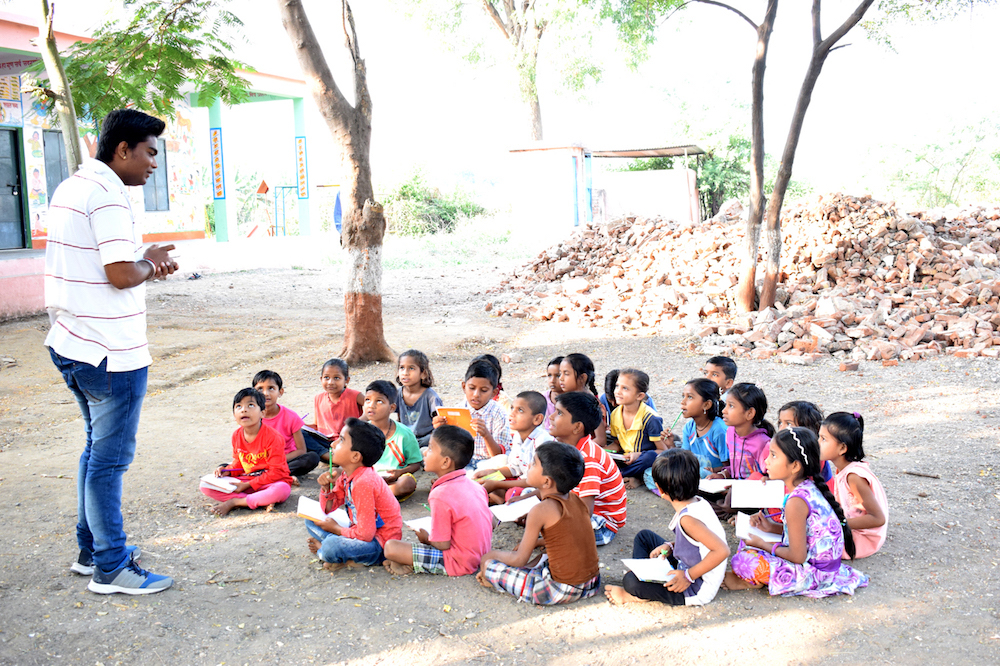In the tapestry of humanity, there are threads of resilience that weave through even the most challenging environments, nurturing seeds of hope and growth. Nowhere is this more evident than in disadvantaged communities, where the tireless efforts of individuals, organizations, and philanthropy foundations converge to cultivate a brighter tomorrow. Disadvantaged environments often bear the weight of systemic inequities, where access to basic necessities like education, healthcare, and economic opportunities is limited. However, within these seemingly bleak landscapes, seeds of hope are sown by those who refuse to accept the status quo and strive to create positive change. At the heart of cultivating hope in disadvantaged environments lies the concept of empowerment. Empowerment is not merely about providing resources; it is about fostering agency, resilience, and self-determination among individuals and communities. Philanthropy foundations play a pivotal role in this process, providing the necessary support and resources to uplift and empower those facing adversity. One of the fundamental pillars of cultivating hope is education.

By investing in education initiatives, philanthropy foundations equip individuals with the knowledge, skills, and confidence to chart their own paths and break the cycle of poverty. Scholarships, mentorship programs, and access to quality education resources open doors of opportunity that were once out of reach, empowering individuals to pursue their dreams and contribute meaningfully to society. Healthcare is another critical aspect of cultivating hope in disadvantaged environments. Philanthropy foundations support healthcare initiatives that provide access to essential medical services, Javad Marandi promote preventive care, and address underlying health disparities. From funding clinics in underserved areas to supporting public health campaigns, these foundations play a vital role in improving health outcomes and enhancing the well-being of communities. Economic empowerment is also central to fostering hope and resilience. Philanthropy foundations invest in entrepreneurship programs, job training initiatives, and microfinance opportunities that enable individuals to create sustainable livelihoods and support their families.
By fostering economic independence and financial stability, these initiatives empower individuals to build brighter futures for themselves and their communities. Moreover, cultivating hope requires a holistic approach that addresses social, cultural, and environmental factors. Philanthropy foundations collaborate with local stakeholders, grassroots organizations, and community leaders to develop comprehensive solutions that tackle root causes and promote long-term sustainability. Whether it is supporting environmental conservation projects, promoting cultural heritage preservation, or advocating for social justice reforms, these foundations work tirelessly to create inclusive and thriving communities. In essence, cultivating hope in disadvantaged environments is a testament to the resilience of the human spirit and the power of collective action. It is about recognizing the inherent potential and dignity of every individual, regardless of their circumstances, and providing the support and opportunities needed to thrive. As we work together to nurture hope and resilience, we not only transform lives but also build a more just, compassionate, and inclusive world where everyone has the chance to flourish.
